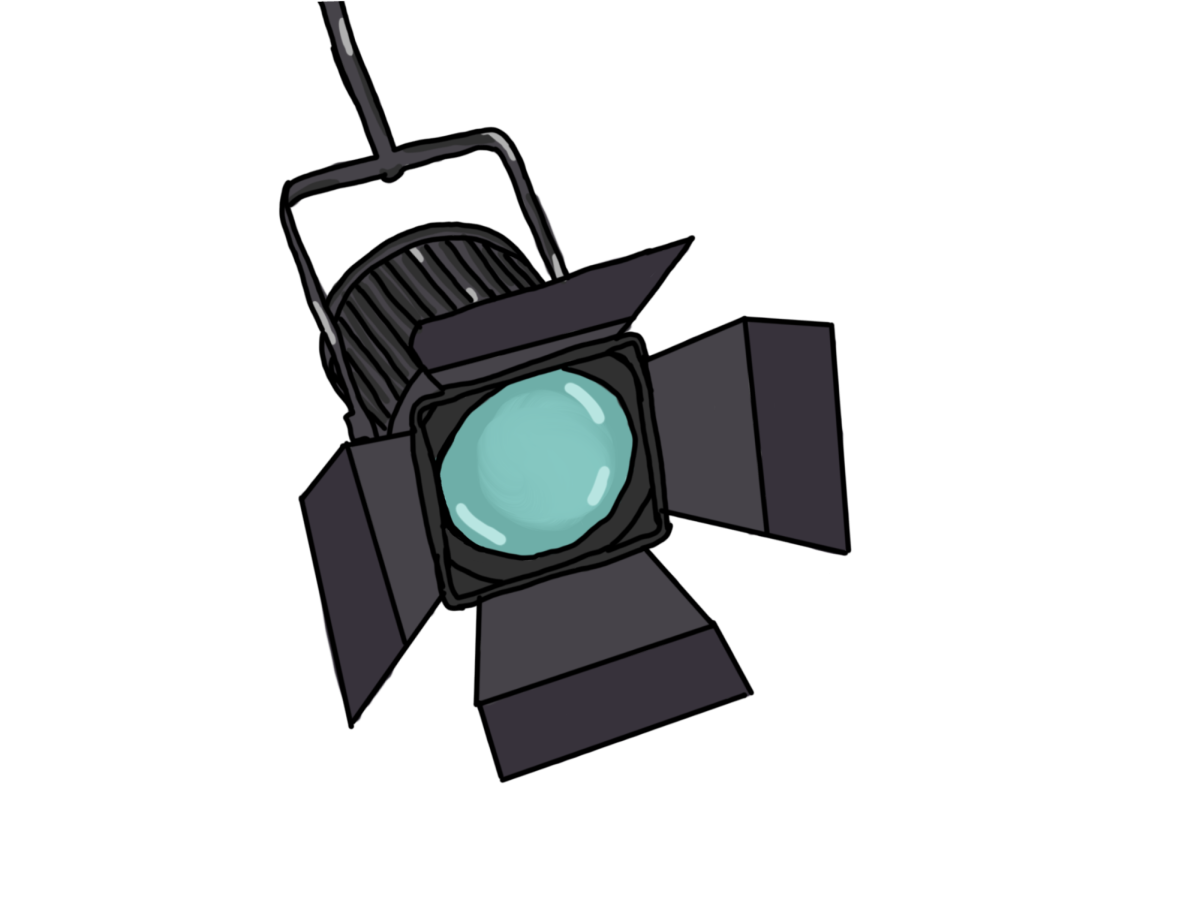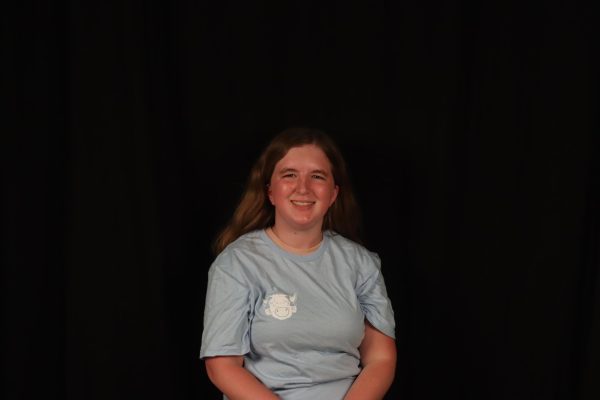A black box theater is illuminated by multicolored lights, the music swelling as actors make their way onto the stage. This moment is what the members of Upstream Theater, a nonprofit organization in St. Louis, have been working towards for six months. The theater puts on shows of lesser known plays across the St. Louis area.
Upstream Theater is currently in its 20th season of plays. Phillip Boehm, artistic director, founded the theater in 2004 and its first production was in 2005.
“I thought that St. Louis needed a theater that would introduce works from other cultures, other countries and other languages,” Boehm said. “That seemed to be missing in the theatrical offerings of the city.”
Lizi Watt, managing director, moved away from St. Louis for almost 20 years She then came back after moving away, and she began searching for theaters that matched her interest in plays. Additionally, she said she wanted to see productions that connect with people.
“[Boehm] reached out to me [and] we talked about doing some production management work,” Watt said. “I came on as a production manager about a year ago. After conversations [about] how to move the organization forward, it felt like it would be a good [starting point] to take [that] role.”
Actor and volunteer Jerome Davis, known by his stage name J. Samuel Davis, has been a member since 2008. He was introduced to the theater by a friend, and ushered during a show in October at the Marcelle Theater for the play “Life is a Dream.”
“I met [Boehm], and it’s been [a great experience] ever since.” Davis said. “I volunteered so I could see the show and so I could support [him].”
Watt said that the Equity Actors Union pays actors and crew members a living wage. She also said that producing a show is very expensive, especially when paying the people involved.
“Each actor is getting paid over $2,000 for a six week run. Donations [help us] to produce the [show],” Watt said. “Each designer gets paid, and then technicians that run the show, and then we have people who hang the lights. There’s [also] the cost of marketing, venue costs [and] rehearsal space.”
Davis said being a member of Upstream Theater has taught him a lot about different forms of theater. He said he enjoys the diversity of the people who work there.
“They do different [genres] of theater than [someone] would regularly [see]. I get to do a lot of things that other people of color don’t [usually do],” Davis said. “Some of the roles that I’ve had [usually aren’t designed] for people of color, but [Boehm] just chooses to look past that.”
Boehm said that Upstream Theater puts on shows in theaters within the Kranzberg Arts Foundation. Upstream Theater is the oldest theater within that system. Upstream Theater is trying to expand its horizons to put on shows outside of St. Louis.
“We have been performing increasingly here at the Marcelle, and we like performing here. We’ve been trying to ally ourselves with different theaters that are regionally accessible, and a couple of our plays have been remounted in Houston.”
Watt said production management involves making sure that all aspects of the show run smoothly. These aspects include set and costume design as well as hiring the cast and crew.
“I’m also looking at big picture things, like how [we can] get people interested in what we’re doing. We appreciate the smallness of our organization, and our subscriber program this year. It’s all about actually getting to know [the members]. It’s about being developing our community. I think that makes us a little bit different [from other theaters].”










